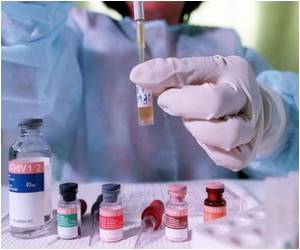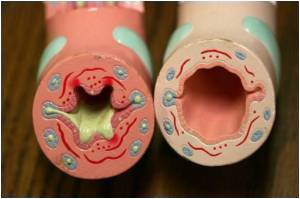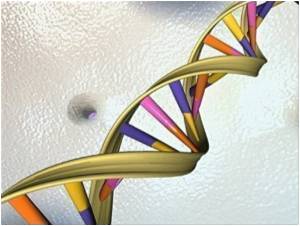
"This could ultimately lead to a blueprint for improving the performance of a variety of vaccines, including those against HIV, tuberculosis and malaria," said UBC biologist Wilfred Jefferies, whose lab conducted the study.
"This detailed understanding of the role of CD74 may also begin to explain differences in immune responses between individuals that could impact personalized medical options in the future."
CD74 is an important piece of cellular machinery inside dendritic cells - which regulate mammalian primary immune responses.
Dendritic cells possess specialized pathways that enable them to sense and then respond to foreign threats. Until now no one has been able to piece together the circuitry which enables a cellular receptor - Major Histocompatability Class I (MHC I) - inside the cells to find and 'collide' with foreign invaders.
The key finding of this work is the discovery of the guiding role played by CD74 to link MHC I receptors to compartments containing invading pathogens within the immune cell. This sophisticated circuit allows the immune cell to recognize and signal the presence of a pathogen in the body and to alert T immune fighter cells. The T-cells respond by dividing and attacking infected cells, destroying the pathogen.
Advertisement
The team, which includes research associate Genc Basha, postdoctoral fellow Anna Reinicke, graduate students Kyla Omilusik and Ana Chavez-Steenbock1, undergraduate student Nathan Lack, and technician Kyung Bok Choi, then confirmed their findings using biochemical analysis.
Advertisement
Source-ANI










